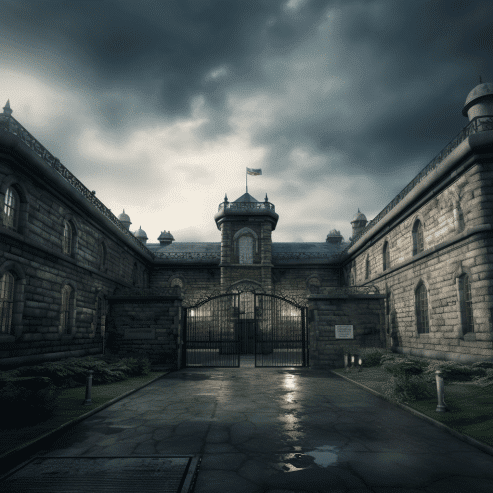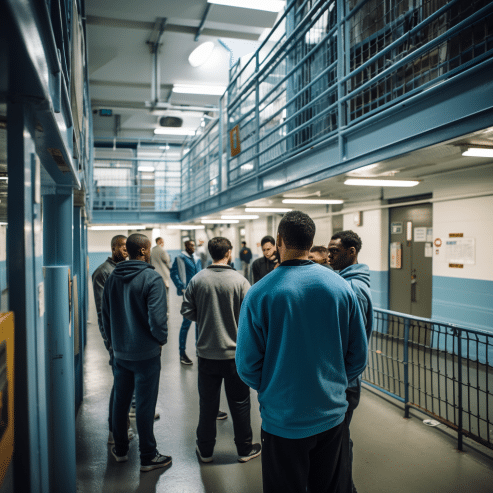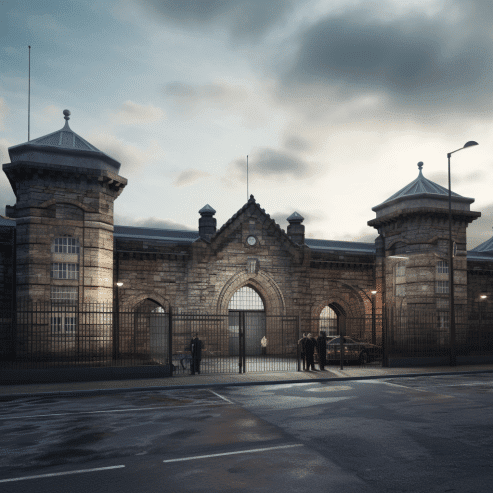Prisons in Scotland
Prisons in Scotland: An Overview
Scotland’s Prison Population Scotland holds just over 8,000 individuals in its prisons on a typical day, with an annual release figure close to 18,000. As of April 2019, the count stood at 8,213, but these numbers fluctuate frequently. Scotland is home to 15 prisons, 13 of which are managed by the Scottish Prison Service (SPS) and the remaining two by private entities but under SPS contracts. A significant number of these establishments are situated in Scotland’s Central Belt, reflecting the region’s dense population, but they are also spread throughout the country.
In global comparisons, as noted by the 2008 Scottish Prisons Commission Report and its follow-up a decade later, Scotland has an incarceration rate among the highest in Europe. To put this in perspective, based on data from the World Prison Brief in September 2018, Scotland’s imprisonment rate surpasses that of its Northern European neighbours when calculated per 100,000 of the population.
Prisons in Scotland
Scottish Prison Service (SPS) The SPS, known in Scottish Gaelic as Seirbheis Phrìosain na h-Alba, is the executive agency under the Scottish Government responsible for prisons and Young Offender Institutions. The current Chief Executive, Teresa Medhurst, oversees its operations and directly reports to the Cabinet Secretary for Justice. Scotland’s prison establishments include 15 locations, of which two are managed privately. The SPS, with a workforce exceeding 4,000, has its main office in Calton House, South Gyle, Edinburgh.
Aftercare Initiatives One notable initiative is the Throughcare scheme, which offers post-incarceration support and has achieved significant reductions in reoffending rates. This program provides essential services such as housing, financial aid, and medical assistance, thereby showing the individuals that society still cares about them. 78% of those who benefited from Throughcare did not reoffend in a span of two years. Presently, 11 SPS sites implement this scheme.

Scottish Prisons
Prison Establishments Include:
- HMP Addiewell (Managed by Sodexo)
- HMP Barlinnie
- HMP Castle Huntly (Open prison)
- HMP & YOI Cornton Vale (For young offenders and women)
- HMP Dumfries
- HMP Edinburgh
- HMP Glenochil
- HMP & YOI Grampian (Young Offenders Institution)
- HMP Greenock
- HMP Inverness
- HMP Kilmarnock (Managed by Serco under a public-private partnership)
- HMP Low Moss
- HMP Perth
- HMYOI Polmont (Young Offenders Institution)
- HMP Shotts

Monitoring and Oversight The chief inspector is tasked with the inspection of all prisons in Scotland to ensure the proper treatment and conditions for prisoners. This role also encompasses overseeing the monitoring of prisons, which is executed by independent prison monitors on a regular basis. The UK, as an OPCAT signatory, ensures the monitoring of detention facilities to prevent any form of torture or inhumane treatment. The chief inspector’s annual report, presented to the Scottish Ministers and Parliament, provides an overview of the prison system.
Reform Focus Scotland is continually working towards an advanced, efficient prison estate that emphasizes rehabilitation. The SPS framework, available on its website, highlights its operational structure and its relation with the Scottish Government. One significant focus is the transformation of facilities and support for female offenders. Based on the 2012 Commission on Women Offenders report, the approach aims to cater to the unique needs of female offenders by providing them with tailored support and facilities.
Inspection HM Inspectorate of Prisons for Scotland (HMIPS) ensures the humane treatment and appropriate conditions for prisoners, whether in prisons, court custody units, or during transportation.



